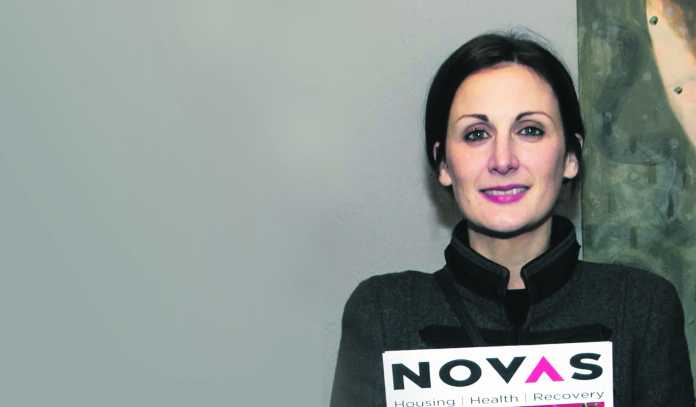
HOMELESS children are showing up at emergency accommodation hubs with underdeveloped swallow reflex and problems chewing solid food, believed to be associated with a prolonged diet of non-perishable puréed food.
The homeless service organisation, Novas, said it noticed the problem occurring in children presenting at its family hub services, after prolonged periods in hotel rooms with no access to cooking facilities.
“In hotels, families have no access to cooking, refrigeration or food storage facilities, so they can’t prepare meals, and that’s really debilitating. It is de-skilling parents and knocking their confidence,” explained Novas head of policy and communications Una Burns.
“We have children presenting in our hubs who have lived in hotels and they are struggling to chew and swallow, because their parents haven’t been able to prepare proper food when they’re living in hotels. The children are still on puréed food in pouches, at two and three years of age, because it doesn’t perish the same way fresh food does.”
“So, they’re swallow reflexes haven’t developed.”
Other basic developmental milestones are being missed in children who have been living for long periods in emergency accommodation.
Ms Burns also said that there is little space to move around in this type of accommodation so children are finding it difficult to learn to crawl and learn to walk.
These are things that we wouldn’t associate with homelessness, Ms Burns continued.
“Children are also experiencing emotional challenges from the insecurity and anxiety of not knowing where they are going to sleep from night to night.
“There is no targeted mental health interventions for children who are living in high stress congregated settings – whether that’s a hub, or direct provision, or a domestic violence shelter.”
Ms Burns said Novas has sought funds through the government social supports agency, Pobal, to develop play and creative therapies at its family hub in Ennis, which opened last June providing supports for five families.
“We want to develop a template that might be used nationally to support children in their mental health, in their physical development, and their ability to express the anxieties that they experience from these high-stress congregated settings.
“We also have a hub in Dublin, catering for up to 11 families. We try to keep them small, because small hubs mirror a home environment more closely; there’s less conflict between families; it’s easier to support families; and it’s easier for them to live independently,” she explained.


